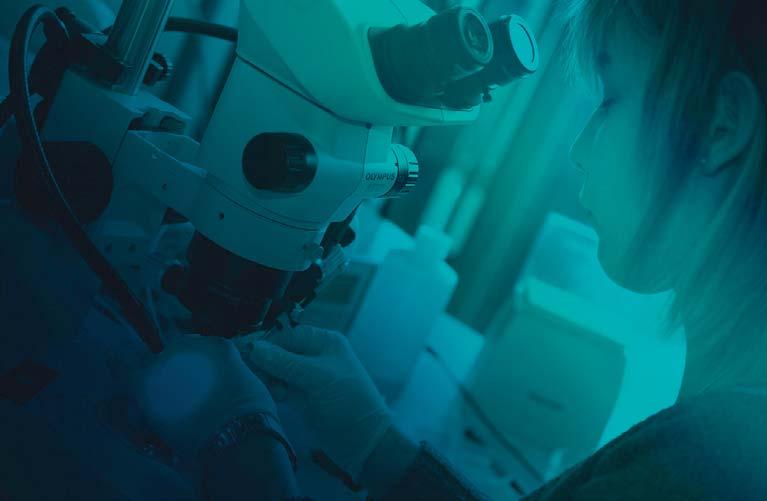budget meter. Let us also think of the ban on evictions during the period of confinement; the launch of three calls for projects for emergency food aid for €4.2 million or the exceptional refinancing of the special social assistance fund to the tune of €5 million to provide the Walloon PCSWs with additional resources.
our Walloon companies have enabled them to remain competitive and, for some, leaders in their field of activity. However, the crisis has called into question this hard-established balance. Indeed, the sector has been particularly affected and presents some rather bleak prospects for the coming years. In this context and in good understanding with the stakeholders, the Government has decided to finance an ambitious research programme worth several tens of millions of euros and aimed at developing a new generation aircraft that is more environmentally friendly.
In the field of health, we have, in particular and in addition to the supply of millions of masks, released 75 million euros to financially help hospitals, rest and care homes, the disability or mental health sectors to cope with the consequences of the crisis during the first wave. We have also set up a one-off bonus of 985 euros gross to thank the staff of the social and health sectors that depend on Wallonia's expertise.
This project involves the main Walloon players in the sector. It will enable them, in this period of crisis, to carry out high-level strategic research in order to be able, tomorrow, to position themselves on a global market and thus maintain and, why not, create thousands of direct and indirect jobs.
To strengthen our resilience, we further piloted and financed an industrial initiative aimed at producing surgical masks on Walloon territory and conducted various studies to work on our value chains and on sectors identified as strategic.
On 12 November last, the Walloon Government relabellised the 24 regional competence centres. How do these bodies meet the skills needs of tomorrow? The 24 Walloon competence centres are spread throughout the region. They are aimed at both jobseekers and workers, but also at apprentices and teachers and students in qualifying education.
In view of the work carried out at the same time to manage the emergency and prepare for the future via our recovery plan, I think I can say, without blushing, that our investment has been and continues to be total in order to limit, as far as possible, the impact of the crisis on our society. This work will be continued in 2021 with rigour and determination.
They can offer initial “trade” training, continuing education or further training.
How have you supported Walloon research and innovation players to meet this challenge? Innovation plays an important role in our society: in addition to enabling its social and technological development, it enables companies to stand out from their competitors by selling cuttingedge goods and services. This sale generally involves the creation of jobs and added value. In this sense, innovation appears to be a real driving force for economic development, but also for societal development.
They are also places for technology watch and raising awareness of the trades of today and tomorrow. They provide answers to the labour and skills needs identified on the Walloon market: trades in shortage, critical functions, trades in demand, etc. They bring together partners such as the Walloon Government, represented by Forem and IFAPME, the sectoral social partners, research centres and universities.
This is all the more true in the context of the crisis we are going through: it is thanks to the numerous research projects carried out over the last few years and the high-level expertise developed in this context that Walloon innovation players have been able to develop, in record time, innovative viral detection methods, mask production lines to meet the shortage, specific decontamination techniques or, to cite just these examples, innovative processes for manufacturing candidate vaccines.
The CEFOCHIM, to cite an example at a time when Covid-19 vaccines are at the heart of the news, is the centre of competence for production professions in the chemical, pharmaceutical and biotechnological industries. In terms of the professions of the future, TechnoCampus based in Charleroi, Mons and Strépy is another example. It is a reference centre for training and awareness raising in technological trades such as predictive maintenance. This 4.0 maintenance has just been honoured with the designation of I-Care Group, from Mons, company of the year in French-speaking Belgium.
The Government has clearly understood the importance of supporting high-level research during the crisis so that it can provide concrete responses to the challenges at hand. This is why we have, on the proposal of the Minister for Innovation, devoted significant specific resources to financing research projects in the context of the fight against COVID-19. As you know, some of these have led to several world firsts that have allowed Wallonia to shine on the international scene.
A third example is the Forem Logistique Liège Competence Centre located in the Bierset airport area and dedicated to the professions of passenger and goods transport, logistics, distribution and vehicle maintenance.
The Government has also understood that it has become essential, not to say vital, to support certain sectors that have been heavily impacted by the crisis through research aid. I am thinking here more particularly of aeronautics, which is, as we know, a strategic and cutting-edge sector of activity in Wallonia. The know-how developed over time, as well as the high-level profiles present in
The competence centres are real crossroads for professional training. They play an essential role in the revival of Wallonia. On average, nearly 111,000 people a year come out of them with training that will provide them with jobs and a future. 101

















































































































